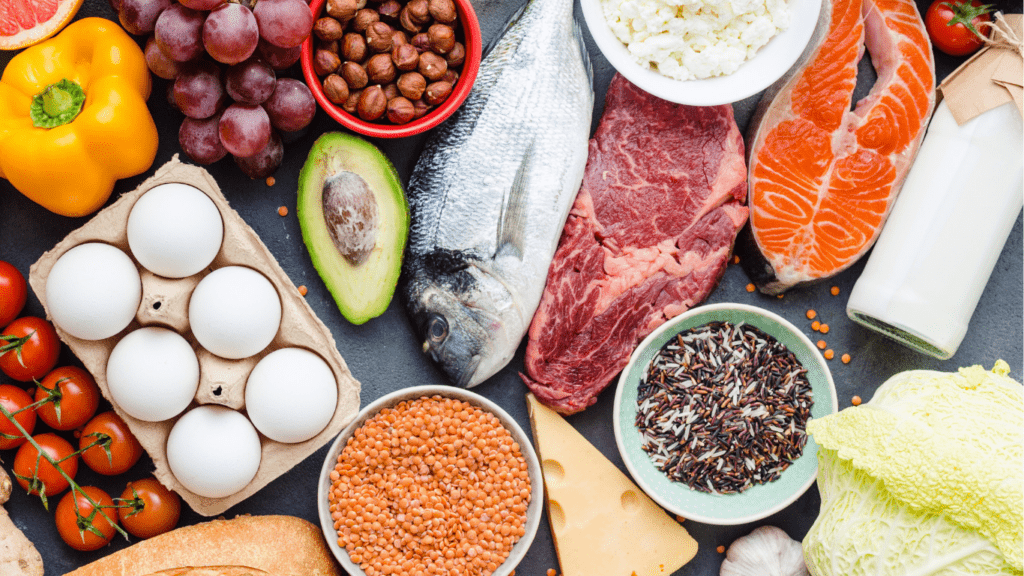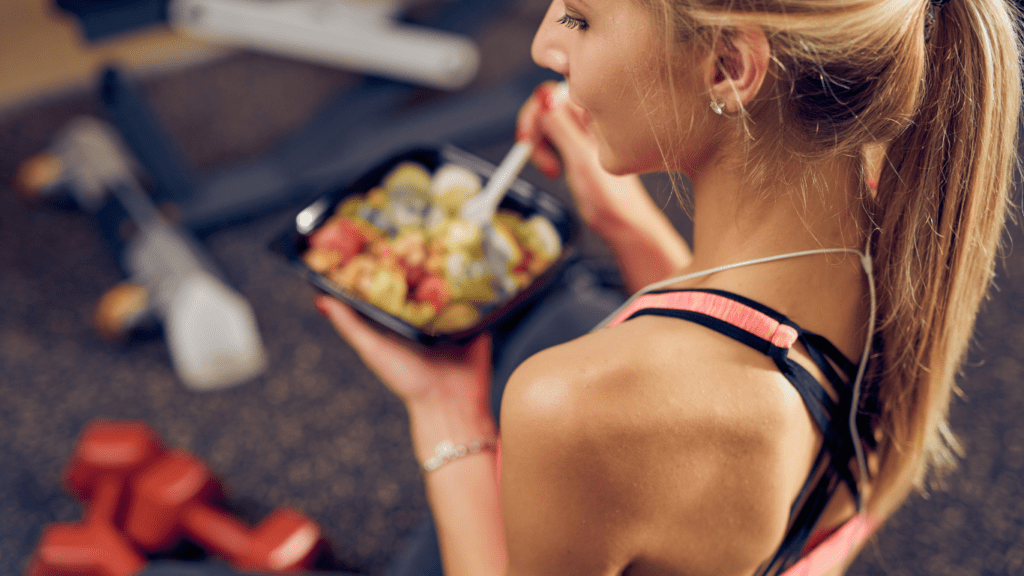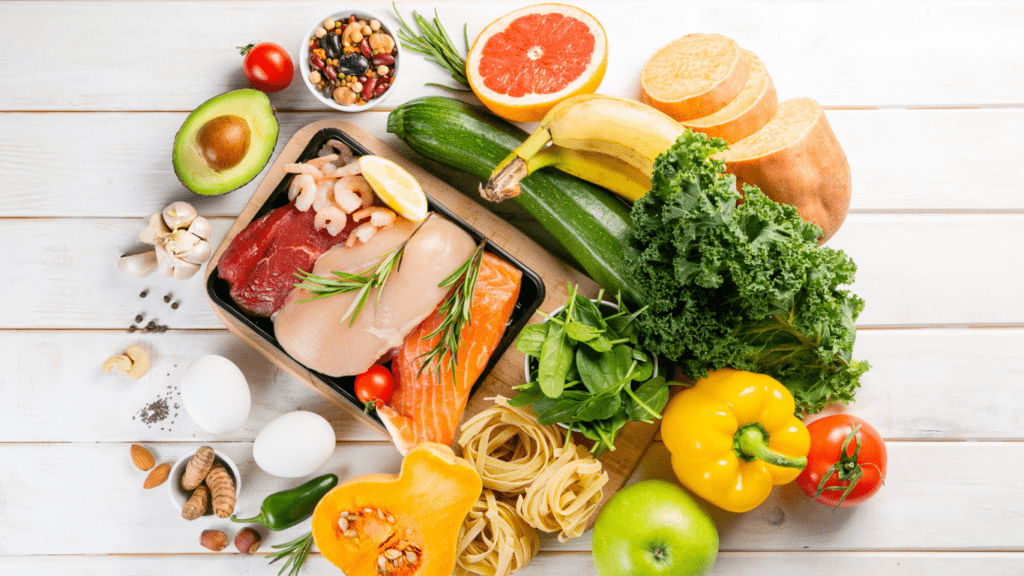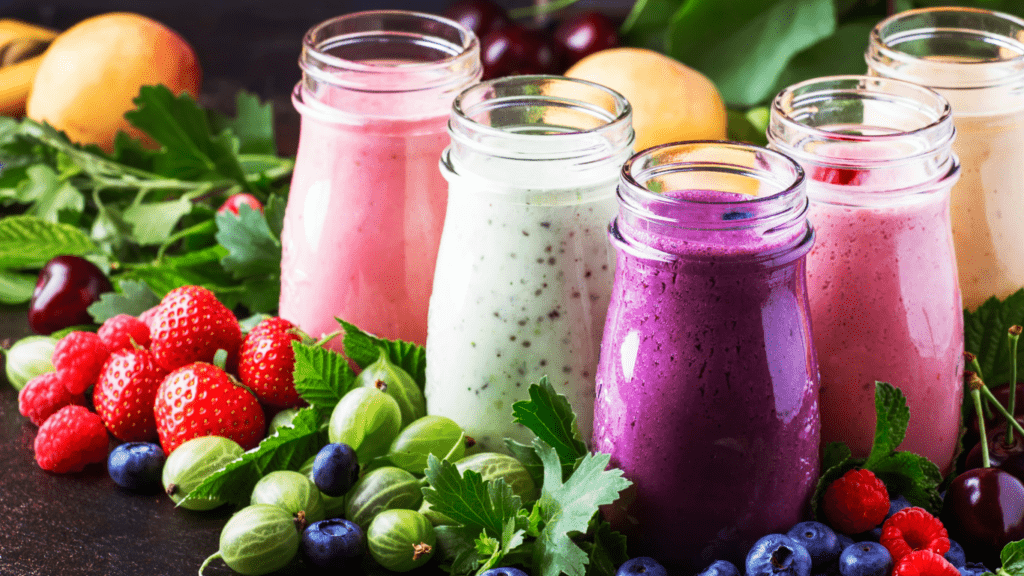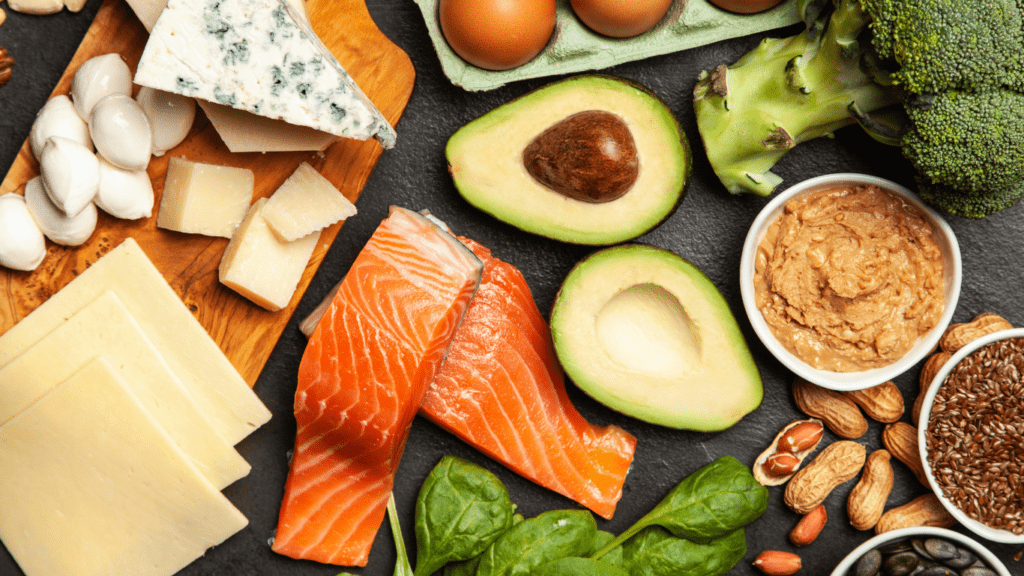Ever wonder why some people seem to crush their workouts or stay energized all day while others struggle to keep up? It’s not just about what you eat—it’s about when you eat. Nutrient timing plays a massive role in fueling your body for peak performance, whether you’re hitting the gym, running a marathon, or just tackling a busy day.
Importance Of Nutrient Timing
Nutrient timing influences your body’s ability to perform, recover, and function optimally. Properly timed nutrient intake enhances energy availability and accelerates recovery.
How Nutrient Timing Impacts Performance
Strategic nutrient timing impacts energy levels and endurance. Consuming carbohydrates 1-3 hours before exercise improves glycogen stores, boosting sustained performance. Protein intake within 30 minutes post-exercise accelerates muscle repair and promotes hypertrophy. A combination of proteins and fast-absorbing carbs post-workout optimizes recovery.
During prolonged activities, consuming electrolytes and quick-digesting carbs prevents energy depletion and dehydration. Delaying nutrient intake after intense sessions reduces recovery efficiency.
Common Misconceptions About Nutrient Timing
Many believe nutrient timing outweighs total caloric and macronutrient intake. In reality, overall daily intake holds more importance for long-term results. Another misconception is that fasted training always burns more fat. While it may boost fat oxidation temporarily, it risks muscle loss and reduces peak energy output.
Some think nutrient timing benefits only athletes. Timely meals benefit anyone engaging in moderate physical activity by supporting muscle function and energy.
Pre-Workout Nutrition Hacks

Pre-workout nutrition plays a crucial role in supporting energy levels and enhancing physical performance. By strategically selecting and timing meals, I maximize workout results and maintain endurance throughout the session.
Best Foods To Fuel Your Workouts
- I choose easily digestible carbohydrates and moderate protein to fuel my workouts.
- Foods like bananas, oatmeal, or rice cakes provide quick energy, while Greek yogurt and a small portion of lean chicken offer protein to support muscle function.
- Including healthy fats like almond butter improves satiety for longer training sessions, but I avoid large fat servings to prevent sluggishness.
- For added variety, I sometimes consume smoothies blending fruits, protein powder, and spinach.
- These provide both macronutrients and micronutrients, keeping my energy steady without digestion-heavy meals.
Timing Your Pre-Workout Meal
Optimal timing ensures nutrient absorption aligns with my energy needs during exercise. I eat a balanced meal containing carbs, protein, and minimal fats 2-3 hours before workouts. When eating closer to the workout, I stick to smaller portions with simple carbs, such as a banana, 30-60 minutes prior, to avoid stomach discomfort.
Hydration starts early, with water consumed consistently throughout the day and about 16-20 oz 2 hours before exercising. If necessary, I include electrolyte drinks beforehand to ensure hydration for longer or more intense workouts.
Intra-Workout Nutrition Tips
Intra-workout nutrition supports sustained energy levels and helps reduce fatigue during exercise. Proper mid-session fueling is especially important for prolonged or high-intensity activities.
Benefits Of Intra-Workout Nutrition
Intra-workout nutrition maintains performance by replenishing depleted energy stores. Carbohydrates supply a quick energy source while delaying muscle glycogen depletion. This enhances endurance and prevents early fatigue. Amino acids, especially branched-chain amino acids (BCAAs), help minimize muscle protein breakdown, supporting recovery even before the session ends. Additionally, electrolytes restore sodium, potassium, and other minerals lost through sweat, reducing dehydration risks and muscle cramps.
Quick And Easy Intra-Workout Options
For optimal intra-workout support, I recommend portable, digestible options:
- Sports drinks: Deliver carbs, electrolytes, and hydration in one.
- Energy gels: Provide concentrated carbs for a quick energy boost.
- Diluted fruit juice: Acts as a natural alternative for hydration and carbs.
- BCAAs: Maintain muscle integrity during intense or prolonged training.
- Electrolyte tablets: Combat mineral loss without added calories.
Balancing liquid and solid sources depends on workout type and duration. For sessions under one hour, water suffices, but for longer efforts, incorporating these options improves performance.
Post-Workout Recovery Strategies
Effective post-workout recovery supports muscle repair, restores glycogen, and reduces inflammation. Proper nutrient timing maximizes results and ensures the body is ready for future activity.
Ideal Post-Workout Meal Composition
A balanced post-workout meal combines protein and carbohydrates for optimal recovery. Protein aids muscle repair and growth, while carbohydrates replenish glycogen stores. I focus on lean proteins like chicken, fish, eggs, or protein shakes combined with complex carbs such as quinoa, sweet potatoes, or whole-grain toast. A 2:1 ratio of carbohydrates to protein is ideal for most individuals engaging in moderate to intense exercise. For example, a post-workout meal could include 20 grams of protein and 40 grams of carbohydrates.
Hydration remains a priority. I drink water or include electrolytes in cases of excess sweat loss. Adding antioxidants, like those in berries or spinach, can further combat post-exercise inflammation.
Timing Your Recovery Window
I consume my post-workout meal within 30 to 60 minutes after exercise. This window optimizes nutrient absorption since the body is most primed for replenishment. Immediate recovery may not be as critical for casual, low-intensity sessions, but for vigorous or prolonged activities, timely carbohydrate and protein intake speeds up the process.
If a full meal isn’t feasible, I opt for quick options like protein shakes with added fruits or a peanut butter banana sandwich. Following up with a complete meal within 1–2 hours fulfills broader dietary needs.
